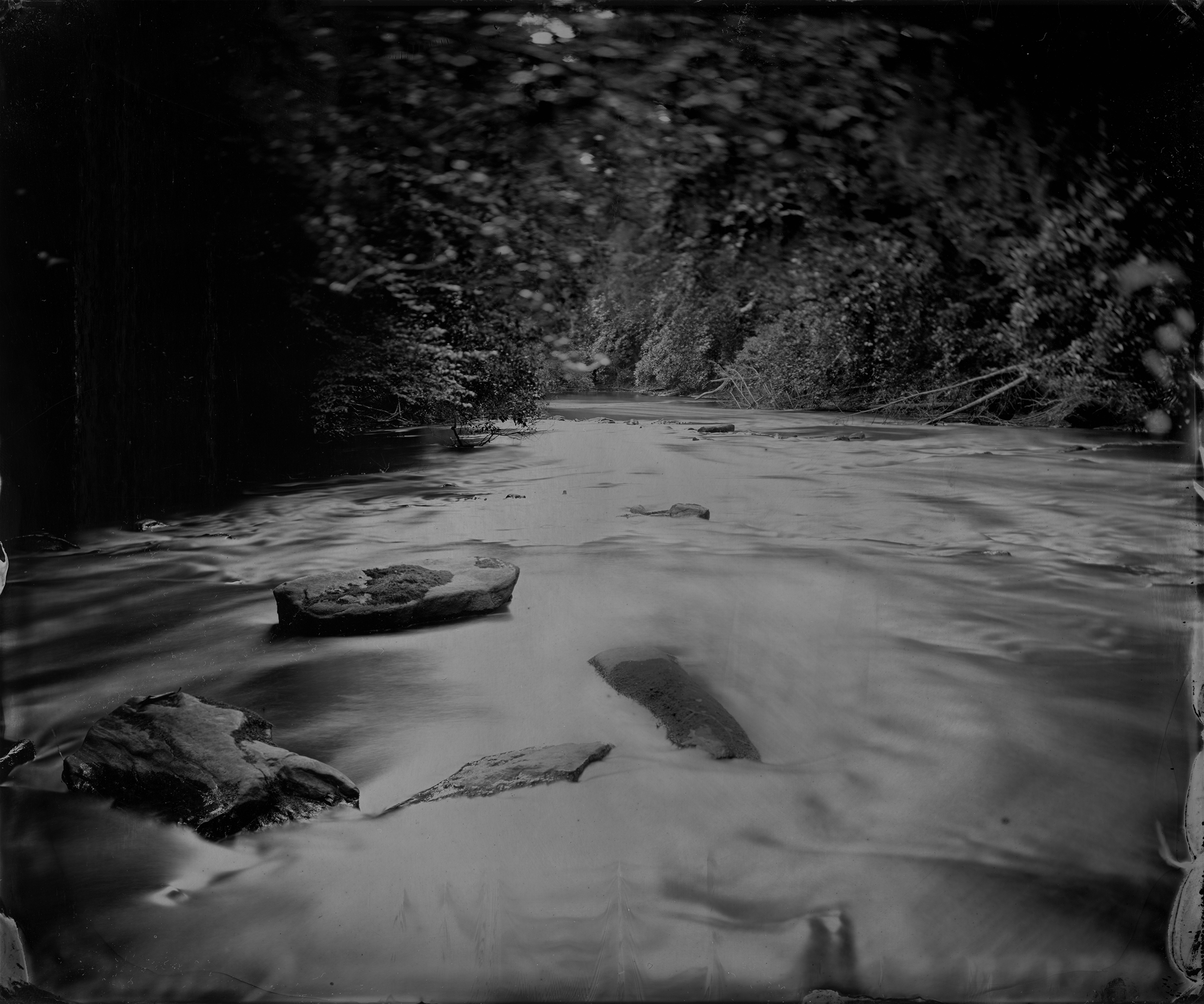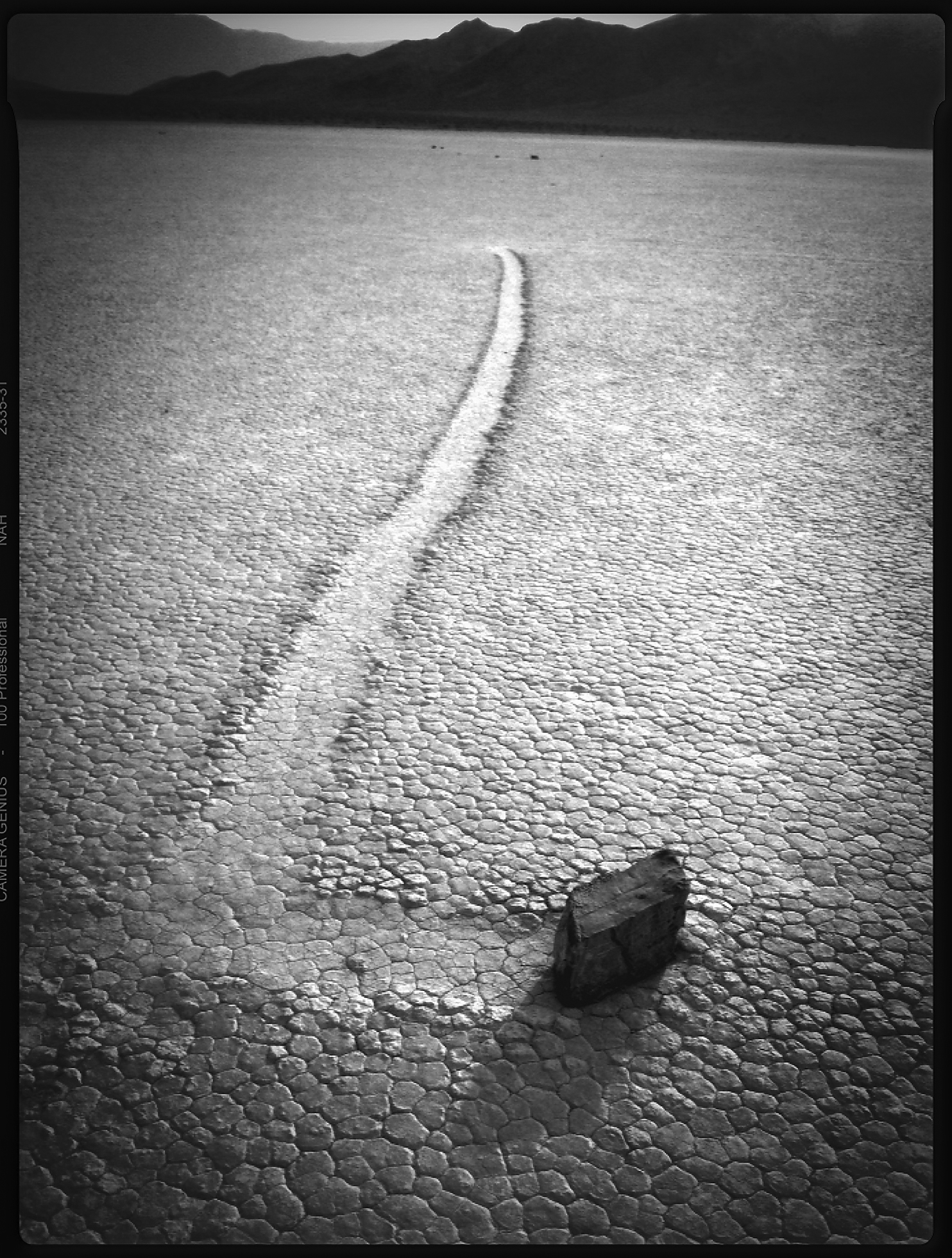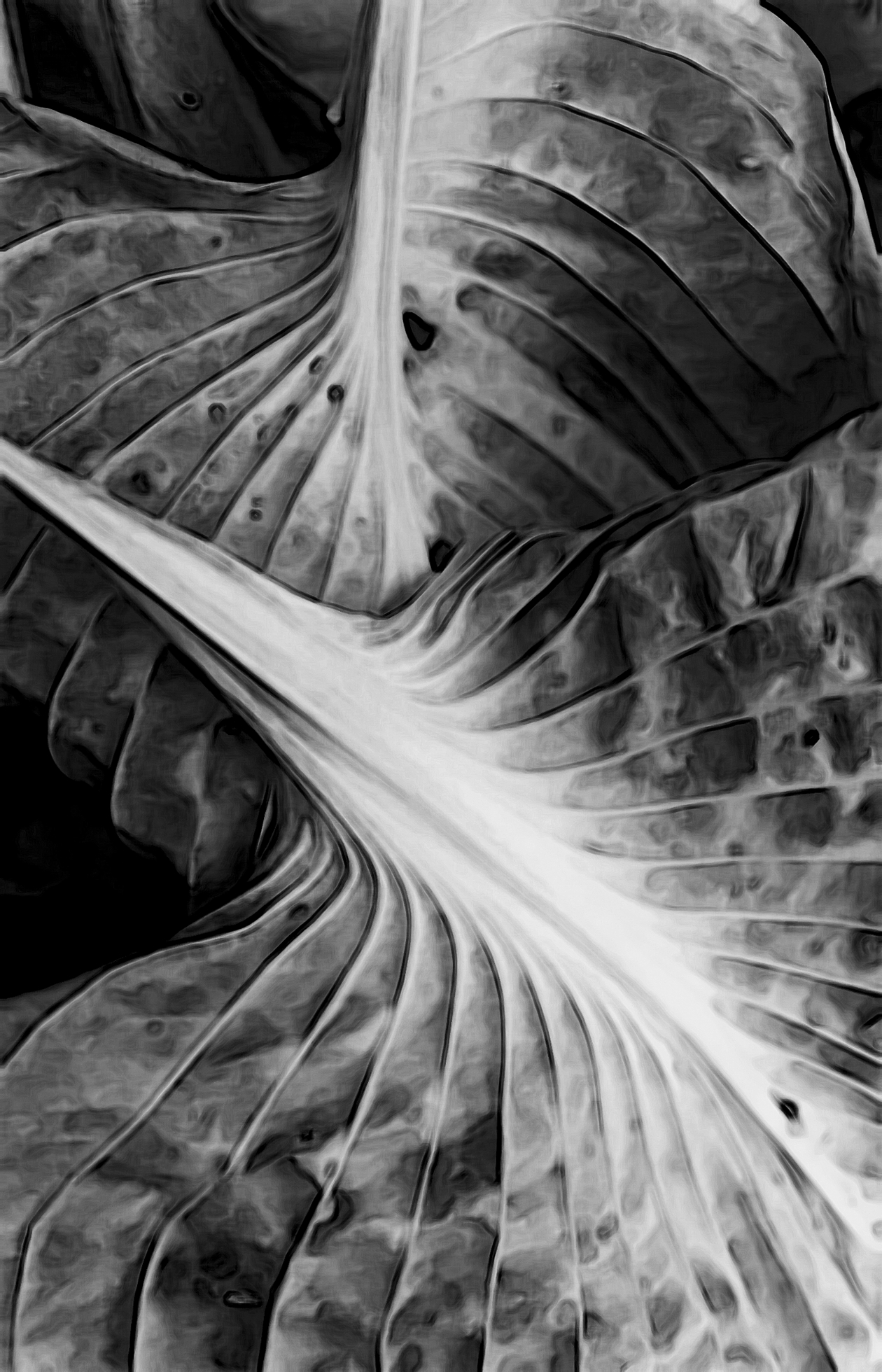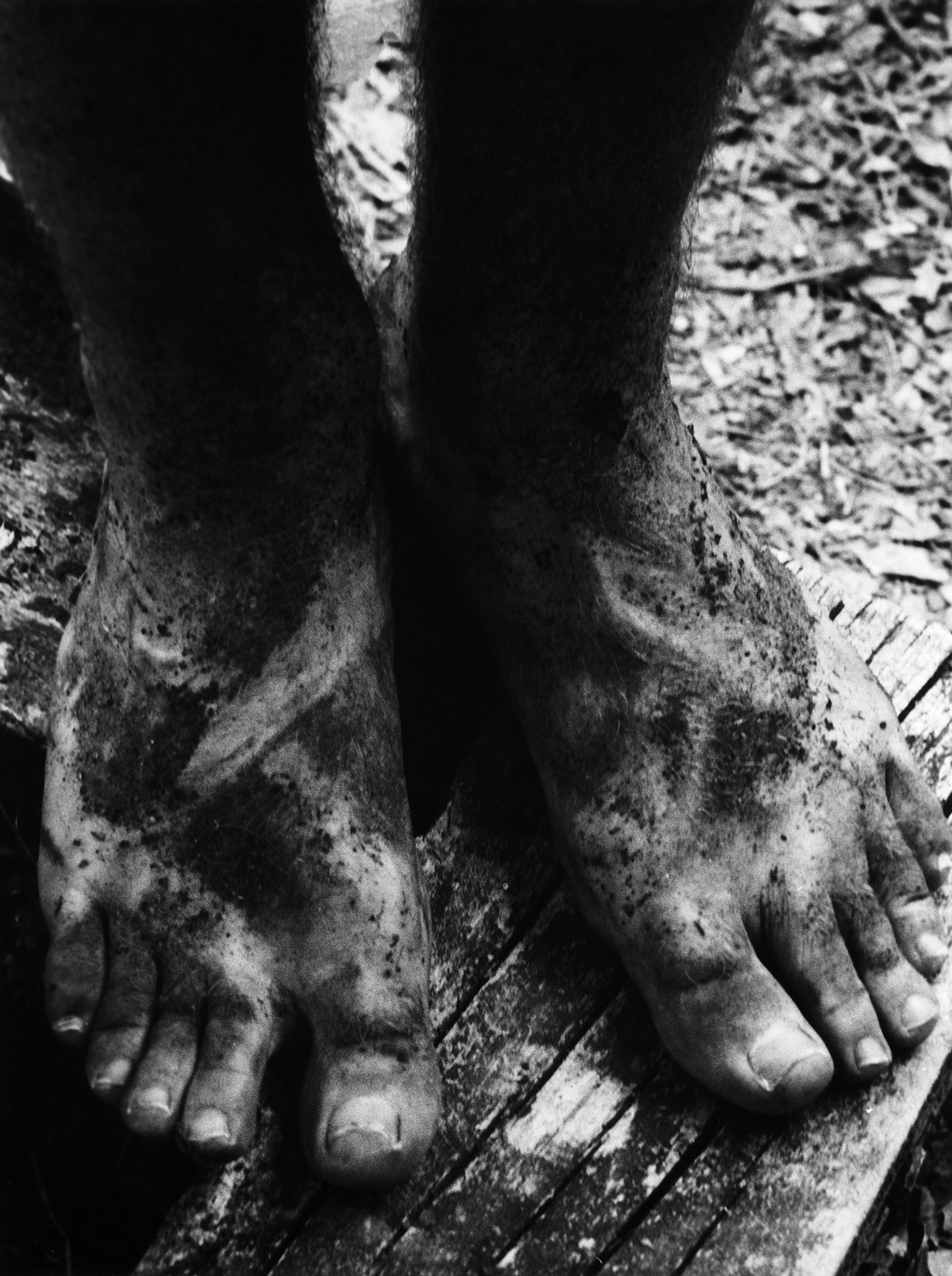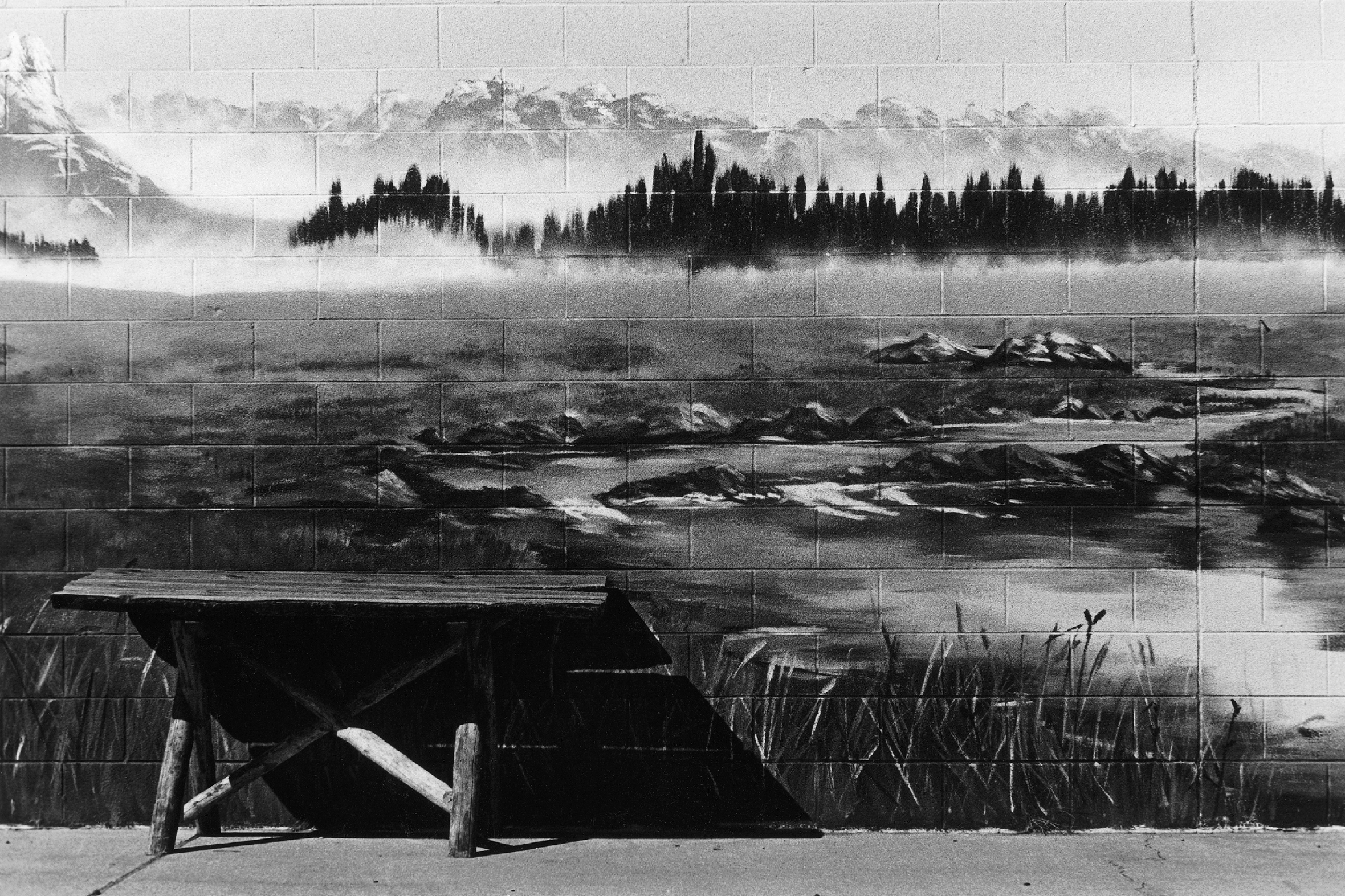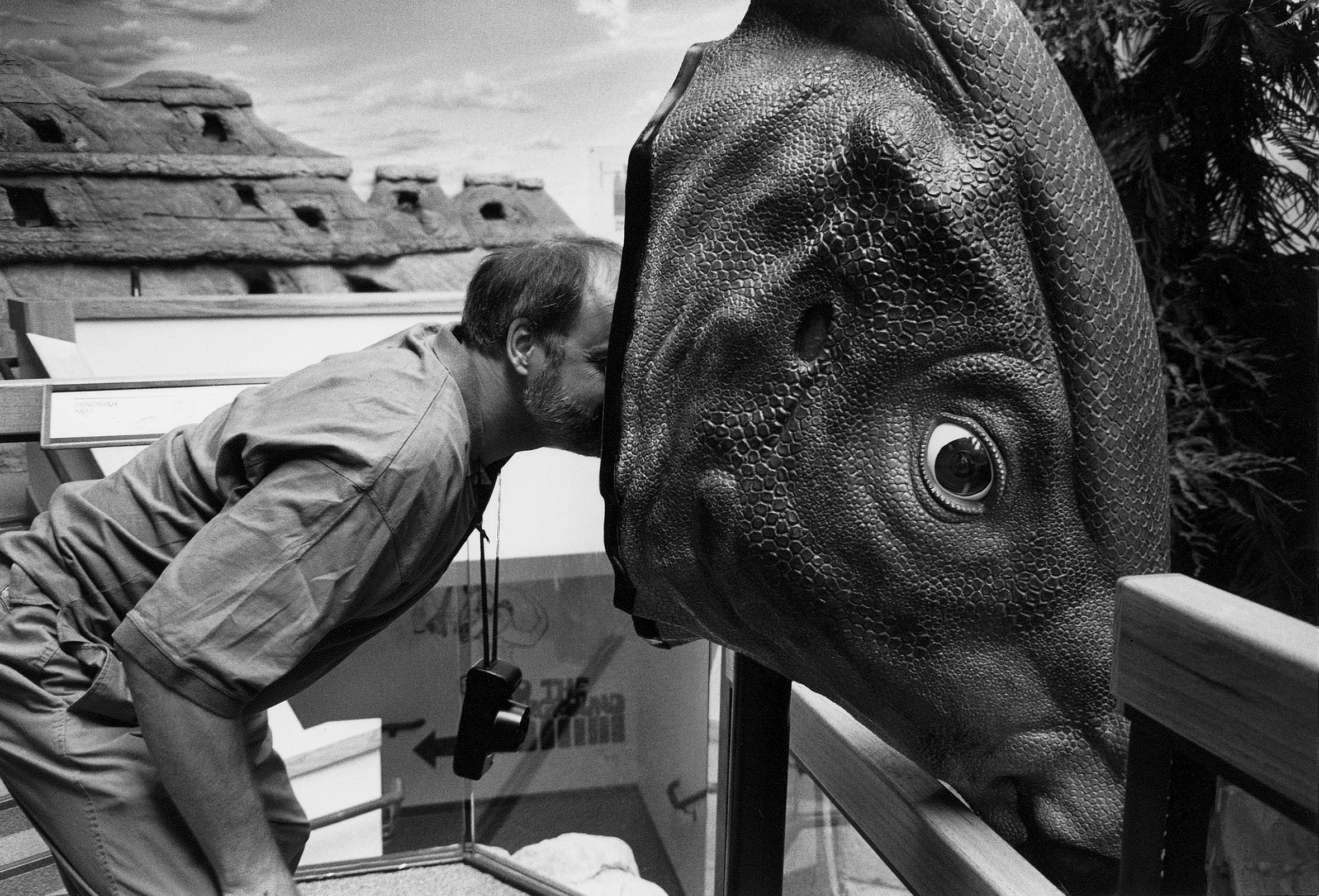Browse Topics
Biology
World Prayer Day
While people all over the world / chanted and prayed for a miracle, / we stood in the woods with binoculars / trained on a pair of bluebirds / flitting from branch to branch, / tiny chests puffed out / in the chill morning air.
December 2020One’s Place Upon The Earth
As I strolled through a glide of water clear as air, my fisherman’s heart did a somersault when I sighted, not twenty feet away, two chinook salmon easily twenty times the size of the trout I’d been happily catching and releasing.
March 2020Wrong Turn
Biologist Rupert Sheldrake On How Science Lost Its Way
I suggest that morphogenetic fields work by imposing patterns on otherwise random or indeterminate activity. Morphogenetic fields are not fixed forever, but evolve. The fields of Afghan hounds and poodles have become different from those of their common ancestors, wolves. How are these fields inherited? I propose that they are transmitted from past members of the species through a kind of nonlocal resonance, which I call “morphic resonance.”
February 2013Countertop Culture
Something Is Fermenting In Sandor Katz’s Kitchen
The revolution I would like to see is a devolution of agriculture. We have to let go of the notion of mass-producing food. It just doesn’t work. Cars and computers may lend themselves to mass production, but with food it has been a disaster. We have to revive small-scale food production and relearn the art of food processing, including fermentation, so we can stop relying on these huge and vulnerable food infrastructures.
May 2010The Sincerest Form Of Flattery
Janine Benyus On The Virtues Of Imitating Nature
Our mission, in both our business and our nonprofit, is to increase respect for the natural world. Creating more-sustainable products and processes is just an extension of that. To learn from nature, you have to become involved with what Wes Jackson calls the “deep conversation.” To learn how to take carbohydrates and water and turn them into a fiber as strong as steel, as a spider does, you go to a spider and respectfully ask, “How are you doing that?” Then you go and try to do it yourself. And when you fail — it’s very hard to do! — you go back to the organism and ask again.
September 2009Going Underground
Paul Stamets On The Vast, Intelligent Network Beneath Our Feet
A mycelial “mat,” which scientists think of as one entity, can be thousands of acres in size. The largest organism in the world is a mycelial mat in eastern Oregon that covers 2,200 acres and is more than two thousand years old. Its survival strategy is somewhat mysterious. We have five or six layers of skin to protect us from infection; the mycelium has one cell wall. How is it that this vast mycelial network, which is surrounded by hundreds of millions of microbes all trying to eat it, is protected by one cell wall? I believe it’s because the mycelium is in constant biochemical communication with its ecosystem.
February 2008Waiting For Salmon
How global warming will affect the fate of chinook salmon, and all that’s tied to them, is one of the many Gordian knots in natural history blithely dismissed by Americans still trying to pull Charles Darwin’s pants down.
June 2006The Anxiety Of Eating
An Excerpt From The Omnivore’s Dilemma
Historically, national cuisines have been remarkably stable and resistant to change, which is why the immigrant’s refrigerator is the very last place to look for signs of assimilation.
May 2006Stupid Design
Fundamentalist Christians are leading a movement to teach “intelligent design” in our public schools, as an alternative to evolution.
May 2006Experiencing Deep Time
Brian Swimme On The Story Of The Universe
The universe story isn’t just about human beings, but also about trees, for example. You can’t fully understand trees if you understand only their hundred-year life cycle. You’ve got to go back to the very beginning of the universe. Now, that’s what I mean by cosmology as empowerment. When we realize that the world we live in today is a creation of an energy and power that is that deep and that old, it helps us get away from the idea that we’re the managers of the planet and know all about what’s going on here.
May 2001